"The Miracle of Saint Anthony" by Maurice Maeterlinck is a play exploring serious ideas about existence, death, and pretense in society. Saint Anthony arrives during a funeral service, announcing his intention to bring Mademoiselle Hortense, a rich woman who has recently passed away, back to life. The story takes place in a typical Flemish house during a funeral. The family, especially greedy nephews, are not pleased with the disturbance. Despite their doubts and irritation, Saint Anthony brings Hortense back to life. The play takes a funny turn when Hortense shows her dislike for being revived. The characters quickly change from being thankful to being angry realizing that Hortense's return has unexpected consequences. The play ends with Hortense's death thus reinforcing the idea that miracles might not be what we expect them to be.

The miracle of Saint Anthony
By Maurice Maeterlinck
When a saint arrives at a funeral to resurrect the deceased, he unveils a world of unexpected irony and human nature.
Summary
About the AuthorMaurice Polydore Marie Bernard Maeterlinck, also known as Count/Comte Maeterlinck from 1932, was a Belgian playwright, poet, and essayist who was Flemish but wrote in French. He was awarded the Nobel Prize in Literature in 1911 "in appreciation of his many-sided literary activities, and especially of his dramatic works, which are distinguished by a wealth of imagination and by a poetic fancy, which reveals, sometimes in the guise of a fairy tale, a deep inspiration, while in a mysterious way they appeal to the readers' own feelings and stimulate their imaginations". The main themes in his work are death and the meaning of life. He was a leading member of La Jeune Belgique group, and his plays form an important part of the Symbolist movement. In later life, Maeterlinck faced credible accusations of plagiarism.
Maurice Polydore Marie Bernard Maeterlinck, also known as Count/Comte Maeterlinck from 1932, was a Belgian playwright, poet, and essayist who was Flemish but wrote in French. He was awarded the Nobel Prize in Literature in 1911 "in appreciation of his many-sided literary activities, and especially of his dramatic works, which are distinguished by a wealth of imagination and by a poetic fancy, which reveals, sometimes in the guise of a fairy tale, a deep inspiration, while in a mysterious way they appeal to the readers' own feelings and stimulate their imaginations". The main themes in his work are death and the meaning of life. He was a leading member of La Jeune Belgique group, and his plays form an important part of the Symbolist movement. In later life, Maeterlinck faced credible accusations of plagiarism.


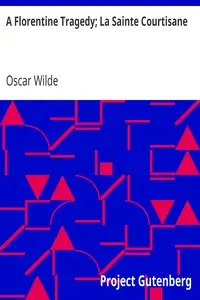
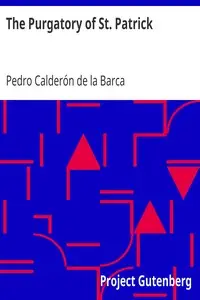

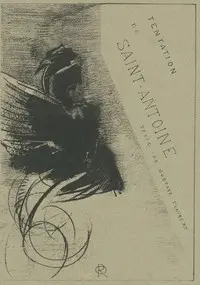

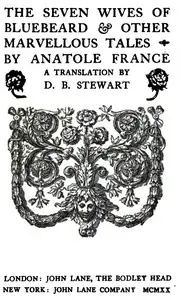




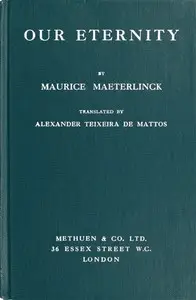
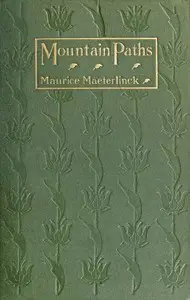
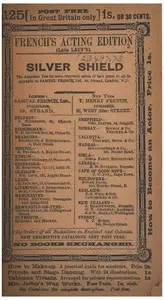
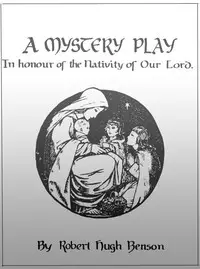

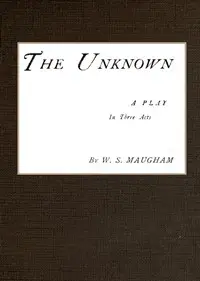
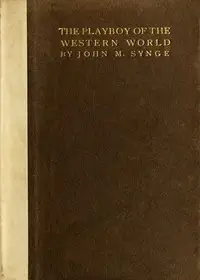
![Original Plays [First Series] by W. S. (William Schwenck) Gilbert](https://cdn.a2-host.cloud/gd8HbtfQguAIQCEf90y_reWTqoGZZI8-dIQ40vjjv2g/rs:fill:215:325:0/g:ce/aHR0cHM6Ly9zcC1hc3NldHMuczMudXMtd2VzdC0wMDQuYmFja2JsYXplYjIuY29tL2Jvb2svNTkwNTcvT3JpZ2luYWxfUGxheXNfRmlyc3RfU2VyaWVzX2NvdmVyLmpwZw.webp)